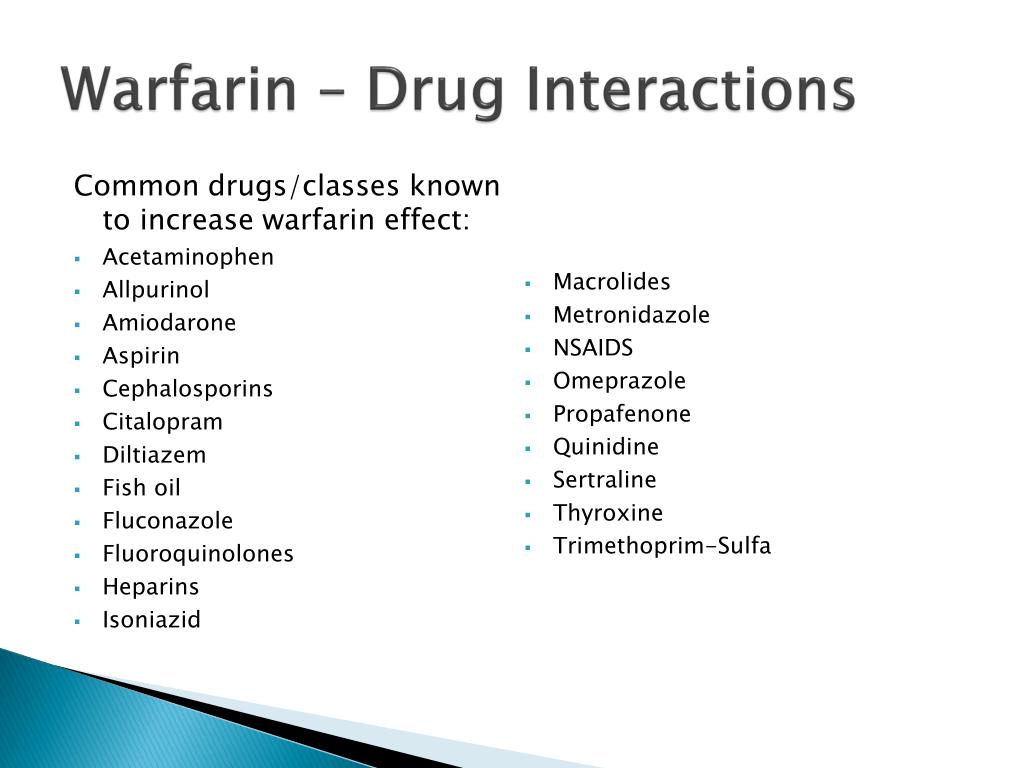

Environmental Protection Agency, Office of Pesticide Programs, Label Review Manual, Chapter 7: ACUTE TOXICITY CLASSIFICATION - RODENTICIDESĬlassification categories were modeled after the U.S. Will run out and internal bleeding may begin. Our bodies store an extra supply, but if we are exposed to enough anticoagulant, the supply Anticoagulants stop this enzymeįrom doing its job. Make the blood clotting agents that protect us from bleeding too much. Our livers make a special enzyme that allows our bodies to recycle Vitamin K. 3,5,7 Bromethalin is moderately toxic for dermal exposure. 6 Strychnine, cholecalciferol, and zinc phosphide are relatively low in The exceptions include warfarin, which is low in toxicity Inhaled and when they come into contact with skin. 3,4,5,6 Most rodenticides are also toxic when How toxic are rodenticides?Īll rodenticides can be toxic when eaten. This fact sheet will discuss zinc phosphide, bromethalin, cholecalciferol, and strychnine. There are a number of rodenticides that are not anticoagulants, and these work in different ways. Bromadiolone, chlorophacinone, difethialone, brodifacoum, and warfarin are all anticoagulants. Many rodenticides stop normal blood clotting these are calledĪnticoagulants. Grouped together according to how they work. There are many different active ingredients registered as rodenticides in the United States. How many kinds of rodenticides are there? See the information below about what you can do to reduce risks. For ways to prevent exposures to children, pets, and wildlife, Tamper-resistant bait stations make it even more difficult for accidents to happen. 2 These may be attractive to children and pets, so they should never be used or stored within Baits used inĪgriculture and natural areas may contain ground meat, vegetables, May include fish oil, molasses or peanut butter. Rodenticides are usuallyįormulated as baits, which are designed to attract animals. Rodenticides have the same effect when eatenīy any mammal. Rodents, humans, dogs and cats are all mammals, so our bodies work They can damageĬrops, violate housing codes, transmit disease, and in some cases In nature, they may sometimes require control. Only rats and mice, but also squirrels, woodchucks, chipmunks, porcupines, Rodenticides are pesticides that kill rodents.


 0 kommentar(er)
0 kommentar(er)
